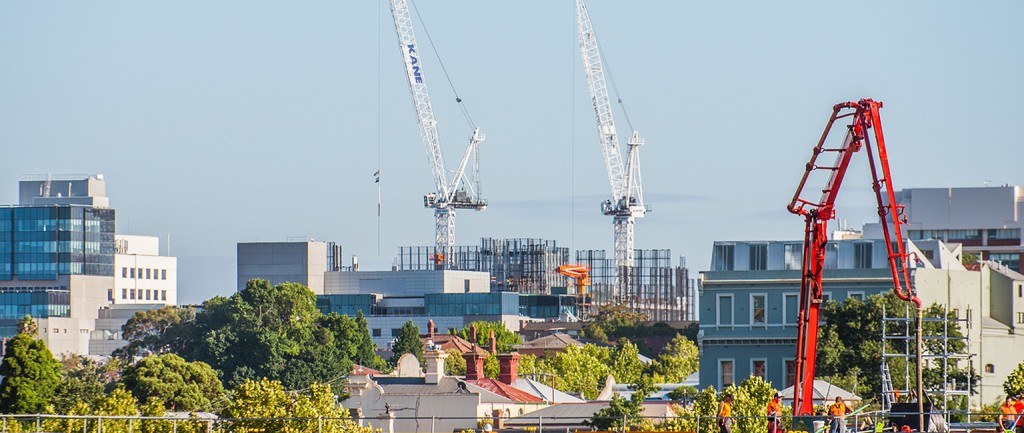Foreign investment overhaul a step forward: Property Council

The federal government’s foreign investment framework came into force on Tuesday, bringing in heightened compliance measures, bigger penalties for noncompliance and new fees for commercial and residential property purchases.
But the legislation, passed last week, included important carve-outs for some countries, and raised the threshold for requiring approval from the Foreign Investment Review Board from $55 million to $252 million for office, industrial and commercial accommodation.
That threshold was further raised, to $1.094 billion, for investors from certain countries including the US, New Zealand, Japan, Korea and Chile.
The government will also issue a guidance note to correct a practical issue that could have affected investments in real estate investment trusts.
Domestic companies and REITs would have been deemed “foreign” if overseas investors, in aggregate, exceeded a 40% ownership threshold. The legislation will now ensure that holdings under 5% are disregarded for that test.
Increasing commercial property thresholds means government’s resources are not wasted on routine property transactions
The Property Council of Australia, the industry’s peak lobby group, welcomes the changes and says they are “critical enhancements that free up commercial transactions”.
Andrew Mihno, the PCA’s executive director for international and capital markets, says the parliamentary inquiry into foreign investment in residential housing “made it clear there was no foreign investment risk from commercial transactions”.
“The government has listened to the market and delivered a slate of new reforms that simplify commercial investment, remove unnecessary impediments and clarify the operation of rules,” Mihno says.
“This ensures that the foreign investment laws are enforced and will provide Australia with a more robust foreign investment strategy that boosts the velocity of capital to drive the economy.”
“Increasing commercial property thresholds means government’s resources are not wasted on routine property transactions.”
Australia’s foreign investment laws recently came under scrutiny after the sale of a 99-year lease of Darwin Port to Chinese firm Landbridge.
This article originally appeared on www.theaustralian.com.au/property.







